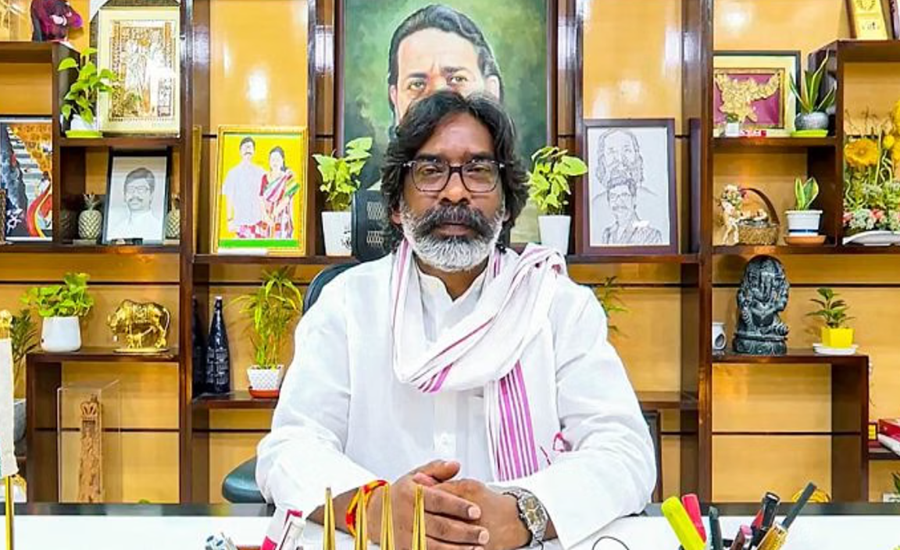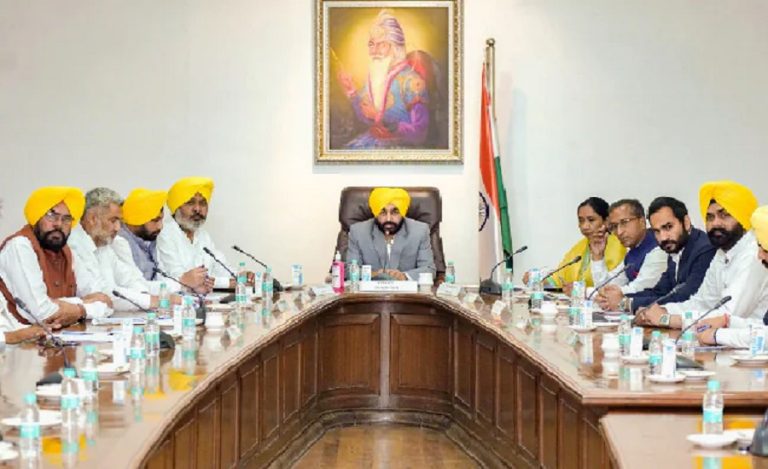Ranchi: In a deeply troubling incident, Jharkhand Chief Minister Hemant Soren has ordered a comprehensive audit of all blood banks across the state after multiple children with thalassemia tested HIV positive following blood transfusions at Chaibasa Sadar Hospital. The directive comes in the wake of procedural lapses in blood collection, testing, and transfusion at the hospital, highlighting urgent concerns about public healthcare safety.
Immediate Actions by the Government
Reacting swiftly, CM Soren suspended West Singhbhum’s civil surgeon Dr. Sushanto Kumar Majhi and other officials found responsible for lapses. He emphasized that negligence in healthcare services would not be tolerated, mandating a detailed report from the health department within five days.
A six-member high-level inquiry committee has been constituted, headed by Dr. Neha Arora, to investigate the blood collection, storage, testing, and transfusion practices at Chaibasa Sadar Hospital and across state blood banks. The committee includes senior health officials such as Dr. Siddharth Sanyal, Director of Health Services, and Dr. SK Singh, Director of Medical Education.
Additionally, the Jharkhand High Court has taken suo motu cognizance, demanding strict accountability and enhanced monitoring to prevent further tragedies.
Details of the Incident
The issue surfaced when a seven-year-old child with thalassemia tested HIV positive during a follow-up check after receiving multiple blood transfusions between mid-September and October 2025. Subsequent investigations confirmed that at least five other children undergoing similar transfusions at Chaibasa Sadar Hospital were also infected.
CM Soren expressed his grief, calling the incident “extremely painful and unacceptable,” and announced ₹2 lakh financial assistance for each affected family along with free lifelong treatment for the infected children.
Systemic Concerns in Blood Bank Operations
Thalassemia, a genetic blood disorder requiring frequent transfusions, affects 56 registered children dependent on Chaibasa’s blood bank, the only functional facility in West Singhbhum district. Preliminary investigations revealed serious procedural irregularities, including lapses in blood screening, record maintenance, and transfusion protocols.
Authorities have traced 256 recent blood donors to identify the source of contamination. Experts noted the limitations of rapid HIV testing kits, particularly during the window period, and recommended upgrading to more reliable methods such as nucleic acid testing (NAT) and ELISA.
The state health department has issued a strict five-day deadline to audit all blood banks, aiming to strengthen regulations and restore public confidence in transfusion safety.
Inquiry and Continuing Measures
The six-member inquiry committee will submit a detailed report within one week on all aspects of blood bank operations, while a five-member medical inspection team has already assessed the hospital’s pediatric ICU, lab, and blood bank facilities, uncovering discrepancies in record-keeping and transfusion practices.
The government has also initiated counselling and ongoing medical support for affected families. Public health advocates are demanding systemic reforms, including stricter monitoring, accountability mechanisms, and investment in modern infrastructure to prevent recurrence.
The Need for Reform
This tragic incident underscores the vulnerability of patients relying on public healthcare services and the devastating consequences of procedural failures. While immediate steps like suspensions, audits, and inquiries are necessary, experts stress that long-term reforms are critical, including patient safety protocols, infrastructure modernization, and transparent monitoring systems.
CM Soren’s swift response highlights the government’s commitment to accountability, but rebuilding public trust will require consistent measures ensuring no child is exposed to preventable harm.




























